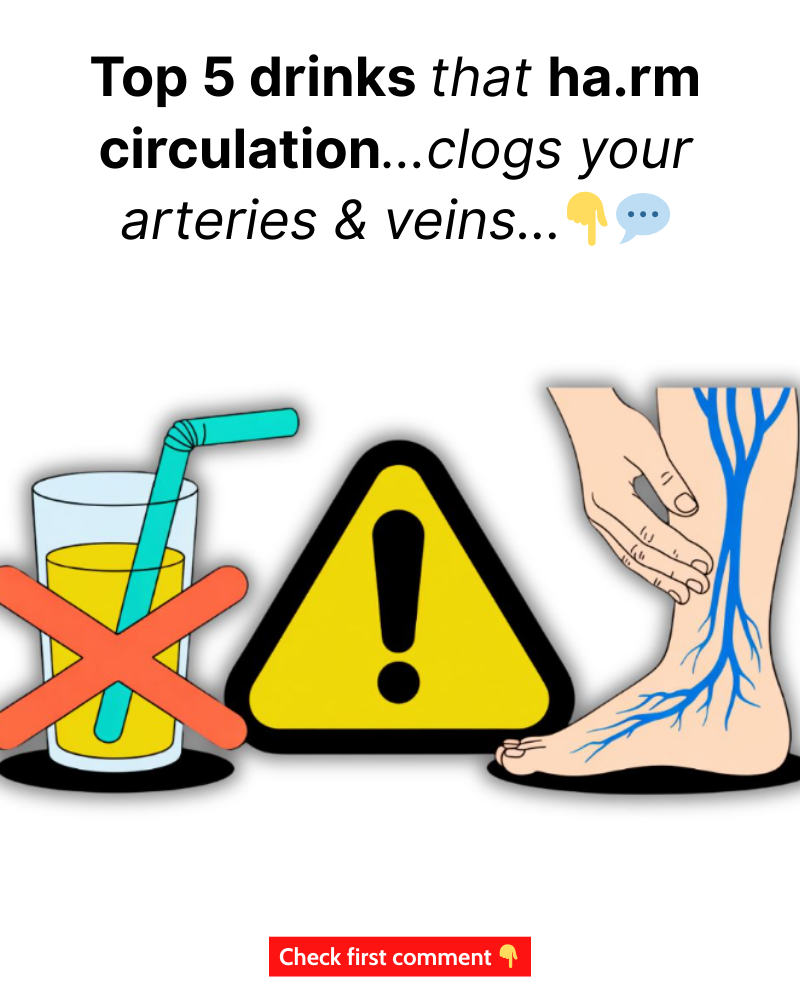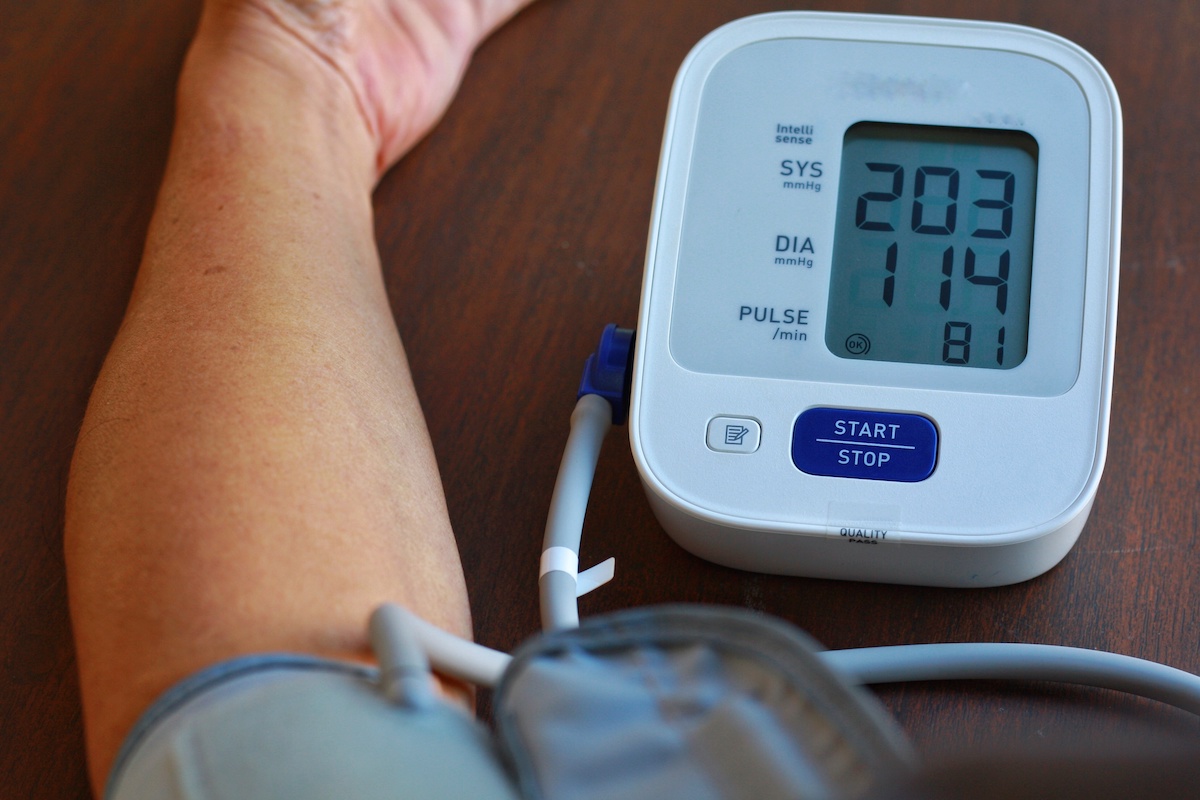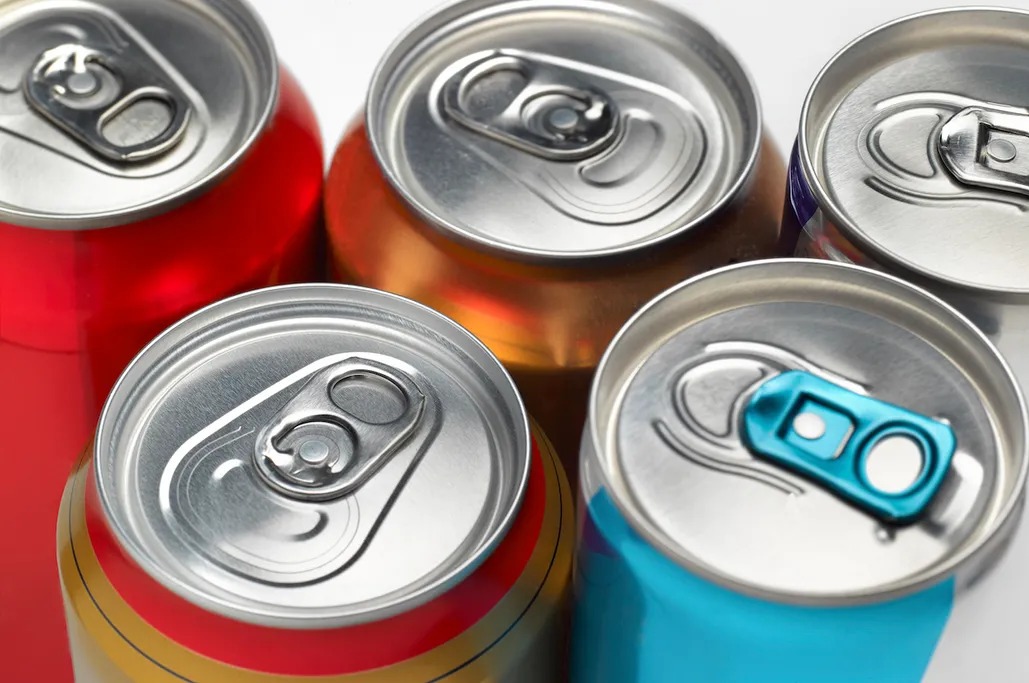
Many common drinks may seem harmless, but they can quietly damage your circulation and raise your risk of serious illnesses like diabetes, high blood pressure, fatty liver disease, heart attack, stroke, and kidney problems.
The real danger? These diseases often progress silently—causing harm before any symptoms appear.
Why Circulation Matters
High blood pressure is a prime example of a “silent killer,” straining artery walls, overworking the heart, and leading to complications like heart failure or kidney damage.
It can also create tiny cracks in the arteries, opening the door to atherosclerosis—a condition where arteries clog with plaque, restricting blood flow and increasing the risk of heart attacks and strokes. Circulatory problems can also cause blood clots in the legs, which may travel to the lungs and become life-threatening pulmonary embolisms.
Now let’s break down the top five drinks you should avoid if you want to protect your heart, arteries, and overall health.

1. Sugary Drinks
Sugary beverages like soda, sweetened tea, energy drinks, flavored waters, and even some commercial iced coffees are packed with added sugars and sodium. Regular consumption of these drinks can lead to obesity, type 2 diabetes, insulin resistance, high blood pressure, liver fat accumulation, and more.
A long-term study published in Circulation revealed that just one sugary drink a day raised the risk of heart attack or death by 20%. Another found a nearly twofold increase in the risk of type 2 diabetes among daily soft drink consumers.
Even if you eat a healthy meal—say, grilled salmon and veggies—washing it down with two liters of soda can cancel out the benefits. A better choice? Opt for water, unsweetened teas, lemon-infused sparkling water, or homemade smoothies using unsweetened plant-based milk.
2. Excessive Alcohol
While some studies suggest that moderate alcohol—especially red wine—might offer cardiovascular benefits, excessive drinking is clearly harmful. Alcohol increases blood pressure, weakens the heart, contributes to atherosclerosis, and raises the risk of arrhythmia, stroke, and alcoholic heart disease.
It also disrupts nutrient absorption, particularly B vitamins, vitamin C, zinc, magnesium, and calcium, and can cause intestinal permeability (leaky gut), inflammation, and increased cancer risk.
Moderation is key: that’s up to one drink per day for women, two for men. Binge drinking—even once a week—can be just as damaging as daily overconsumption.

3. Fruit Juices
Many people believe fruit juice is healthy, but most store-bought options lack fiber and are loaded with sugar, leading to blood sugar spikes. Even 100% juice versions like orange juice, while high in vitamin C, miss the fiber and nutritional value of whole fruit.
Instead, eat the fruit whole or, if juicing, include the peel and pulp to retain the fiber and slow sugar absorption.
4. High-Caffeine Drinks
Drinks high in caffeine—especially energy drinks—can significantly raise blood pressure, disrupt heart rhythm, and interfere with sleep. Over time, this may lead to chronic issues like high cholesterol, heart disease, or diabetes.
These drinks often contain added sugar, compounding their harmful effects. If you’re sensitive to caffeine or drink multiple cups of coffee or energy drinks daily, the cumulative impact can be serious.
Better alternatives include decaffeinated coffee or caffeine-free herbal teas like chamomile, hibiscus, and rosemary.

5. Artificially Sweetened Drinks
Zero-calorie sodas, diet energy drinks, and iced teas using sweeteners like sucralose or aspartame may seem like healthier options—but they’re not. These artificial sweeteners can disrupt your metabolism and damage gut bacteria, which in turn impacts insulin sensitivity, blood pressure, and heart health.
Though they’re sugar-free, these drinks can still trigger metabolic issues. Consider switching to naturally sweetened beverages using stevia or monk fruit instead.
Final Thoughts: Rethink Your Daily Habits
If you suffer from poor circulation, high blood pressure, high cholesterol, diabetes, or chronic fatigue, your daily habits may be the root cause—not just your genetics or stress. Poor diet, lack of exercise, smoking, alcohol use, and constant stress all contribute to these conditions.
Medications may help manage symptoms, but true healing starts with lifestyle changes. Rethink what you’re drinking each day—it could be the first step toward better circulation and a healthier life.